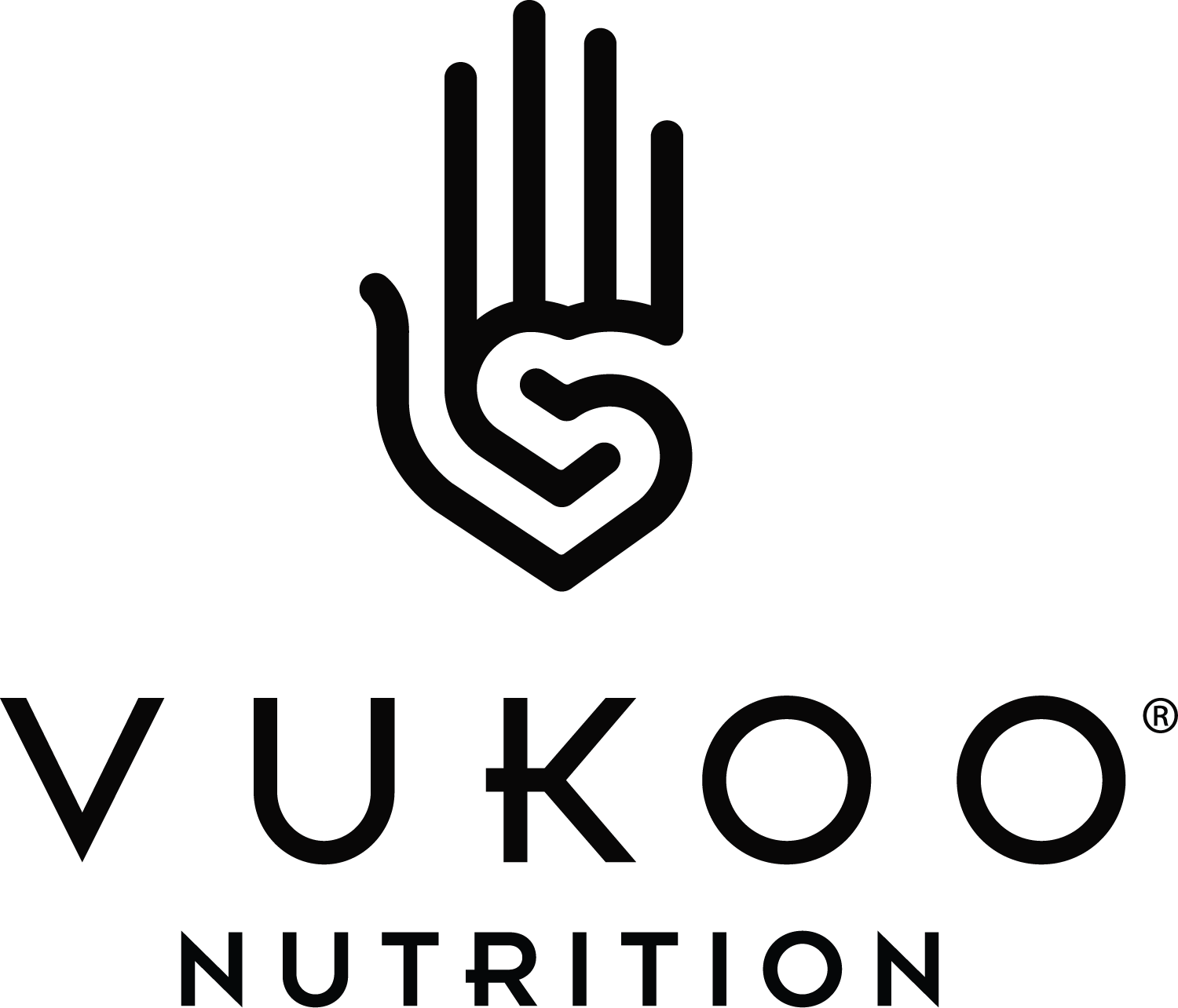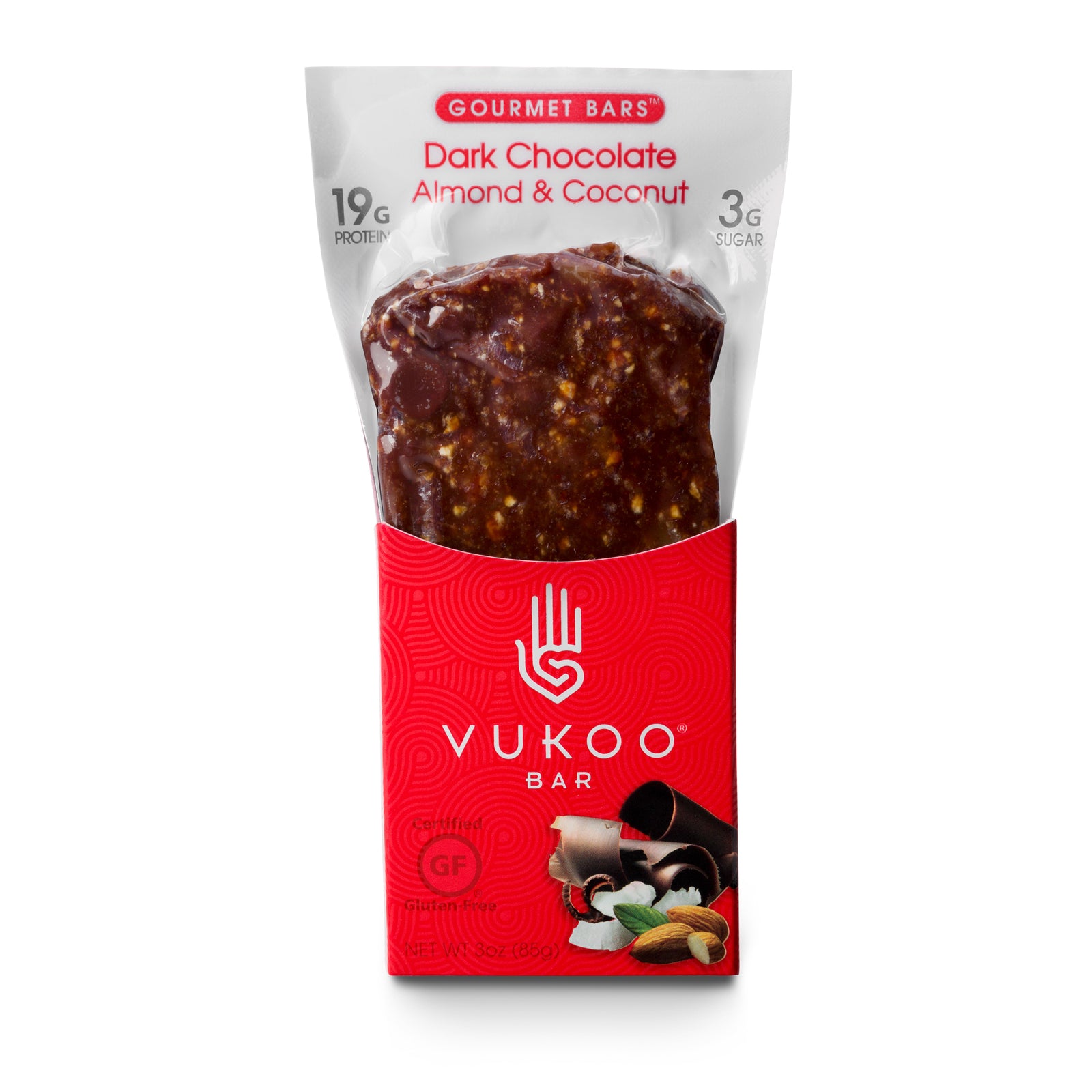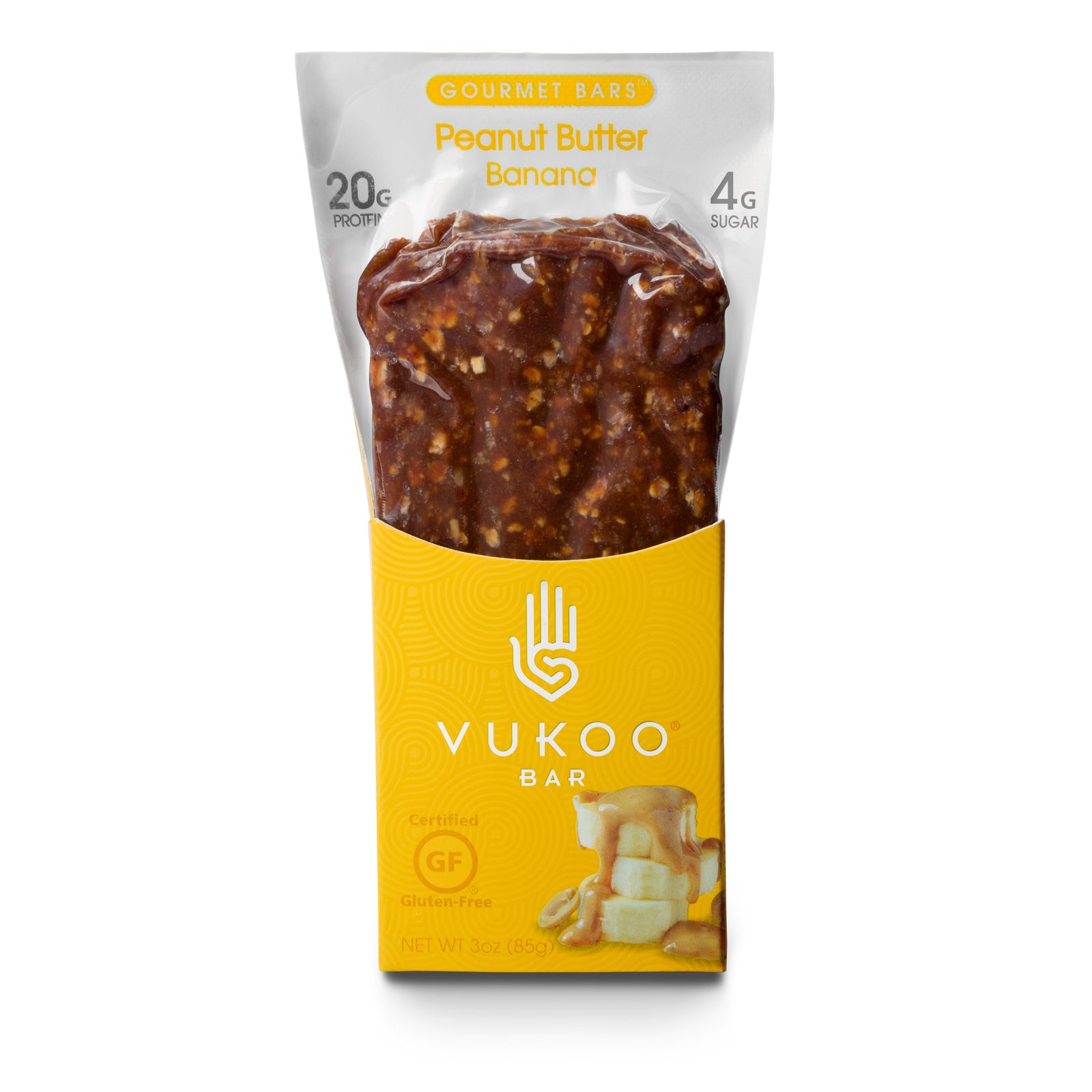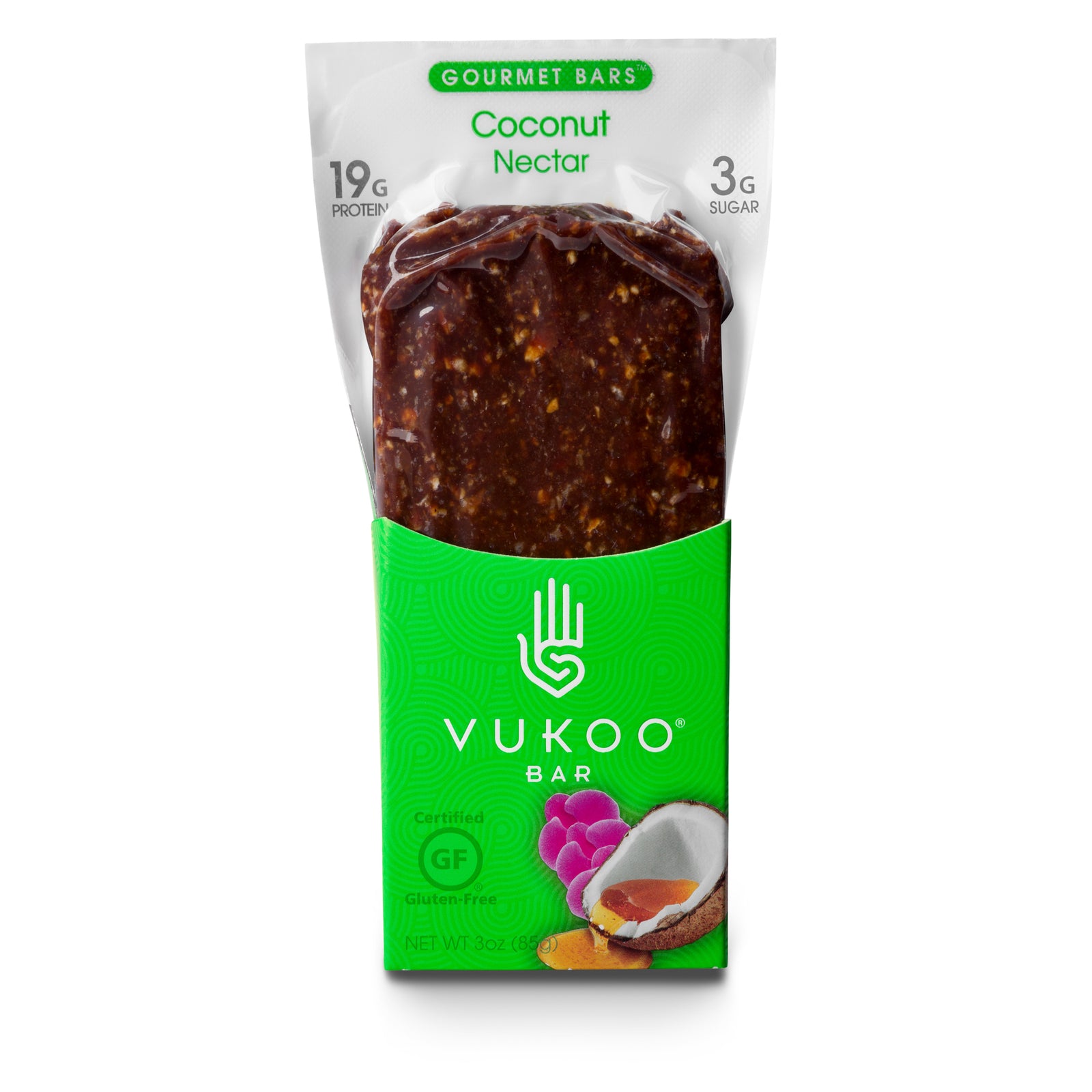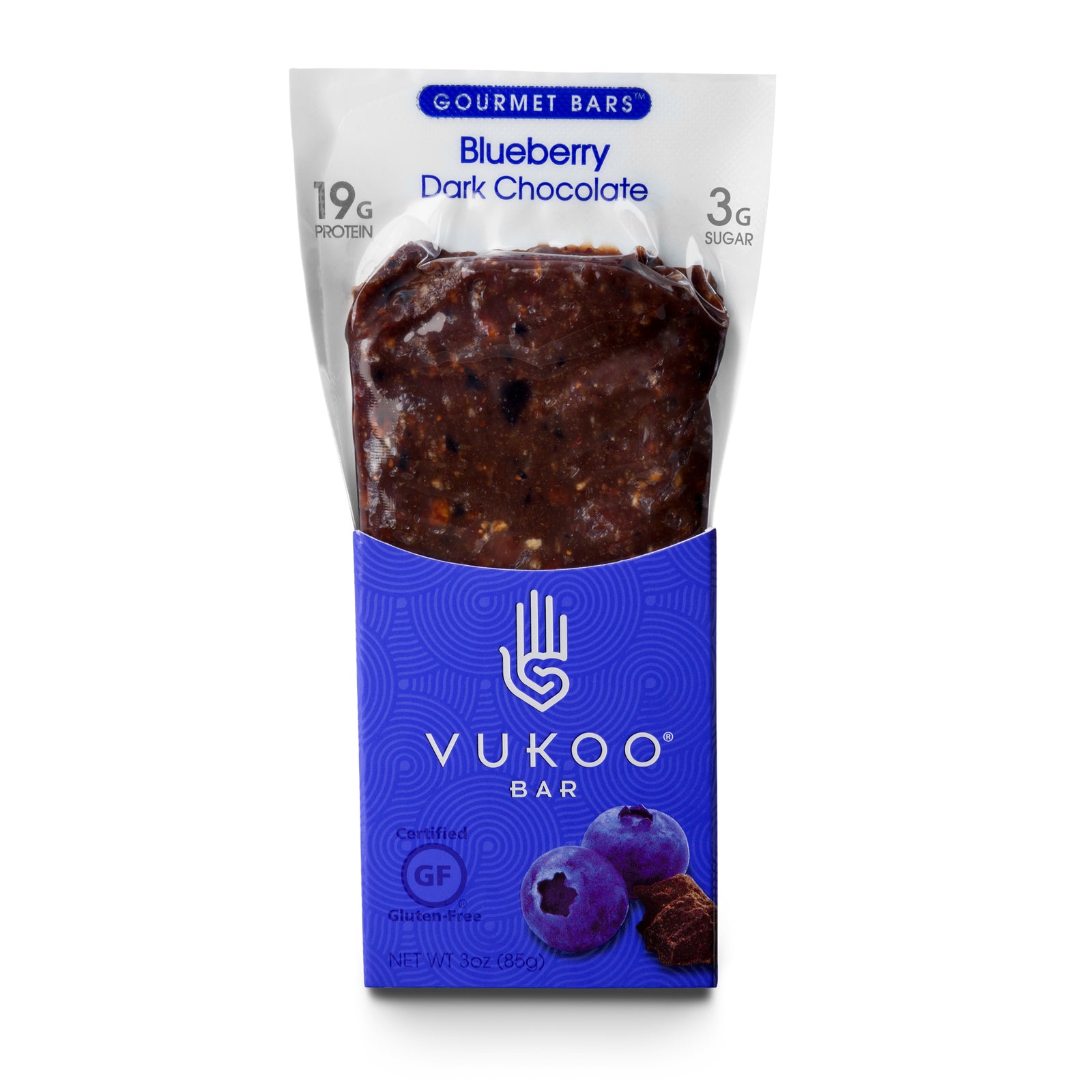The gluten free seeds of almond trees, almonds are loaded with healthy fats, low in carbs and offer a healthy dose of fiber, protein, vitamins and minerals. A diet that includes almonds can positively impact your health by reducing blood sugar levels, cholesterol levels; also lowering blood pressure.
Here’s an approximate breakdown of the nutrient profile of a one-ounce serving, equivalent to one small handful or 28 grams:
- Calories: 160
- Fat: 14g (9 of which are monounsaturated)
- Carbohydrates: 6g
- Fiber: 3.5g
- Protein: 6g

Almonds, while they provide some protein, are primarily dietary fat. While this attribute makes them calorically dense, it also works to increase satiety along with the blood sugar-stabilizing effects of protein and fiber. Because of this, almonds can help reduce hunger and cravings, and decrease your overall caloric intake, thus promoting weight loss and reduction of belly fat; also, healthy weight maintenance. Like with anything, too much of a good thing is still too much. Practice mindfulness around serving size to avoid adding unwanted inches to your waistline.
It is important to understand that eating fat does not make you fat. By itself, it has a relatively neutral insulin response meaning that it does not produce the large blood sugar spike associated with carbohydrate intake that can lead to fat storage and unbalanced energy. Protein also increases blood sugar, but to a lesser extent than carbohydrate and much less than that produced by the combination of carbohydrate and fat. Together, these two macronutrients create an atomic bomb for fat storage i.e. the worst combination for fat loss. Also, 10-15% of an almond’s calories are not absorbed because that fat is too difficult to break down.
Almonds boast an impressive vitamin and mineral content, containing 37%, 32% and 20% of the RDAs* for Vitamin E, Manganese and Magnesium, respectively. They also contain copper, vitamin B2 (riboflavin) and phosphorus.
Vitamin E describes a group of fat soluble antioxidants that protect the cell membranes from damage. It also has roles in immune function and red blood cell (RBC) formation, but degrades slowly over time. Moreover, Vitamin E is damaged by high heat cooking so consuming fresh, quality almonds in their raw or minimally cooked form is best. Roasting almonds, for example, can reduce Vitamin E content.
Manganese is needed for immune function, reproduction, digestion and and bone health.
Magnesium has a role in a number of physiological processes including blood sugar control and blood pressure. Specifically, it has been shown to lower blood sugar levels and improve insulin function i.e. reduce insulin resistance. For these reasons, high magnesium foods like almonds may have a role in the prevention of metabolic syndrome and type 2 diabetes. It may also help to both prevent and lower high blood pressure.
Vitamin B2 is important for growth and RBC production. Phosphorus is important for teeth and bone health.
Almonds are also high in phytic acid – the primary storage form of phosphorus in plants. This property causes it to bind certain minerals, which compromises their absorption and lessens the amount of iron, zinc and calcium acquired from eating almonds somewhat.
Almonds are loaded with antioxidants, which function to prevent oxidative stress that can damage cells, accelerate the aging process and contribute to cancer. They are found in the brown layer of the skin primarily. For this reason, blanched almonds may not be the best choice from a health perspective as the blanching process removes this layer. Note that this assumes good quality almonds – blanched almonds may be preferable in the case of heavily pesticide-spray crop, in which case that outer layer may be most effected. As always, do your best with what you can afford and with what’s available to you.
In addition to favorable implications for blood sugar and blood pressure, eating almonds may be associated with slight reductions in LDL cholesterol (the “bad” stuff) – a well-established risk factor for heart disease. Furthermore, they protect the LDL particles from oxidation, which is a critical step in the development of heart disease. This could translate to lower heart disease risk. Healthy fats can also help reduce inflammation.
All Vukoo bars contain almonds in the form of high quality California almond butter (also slivered almonds in BIYU), which contributes nutrient density, an unrivaled melt-in-your-mouth consistency and a huge degree of satisfaction factor (read my full review here). This is important because the more satisfied we are, the less likely we are to binge or overindulge later. It’s a win-win.
Bottom line: “Good” fats, which really warrant a post of their own, are an integral part of a healthy diet; it’s just important that you’re getting the right kind. Don’t know where to start? Let your taste buds experience Vukoo!
Fave way to enjoy almonds? Let us know on the VukooFacebook page!
*RDA = Recommended Dietary Allowance, or the average daily level of intake sufficient to meet the nutrient requirements of nearly all (97-98%) healthy people.
"Is This Perfect Food a Regular Part of Your Diet?"; by Vukoo®

